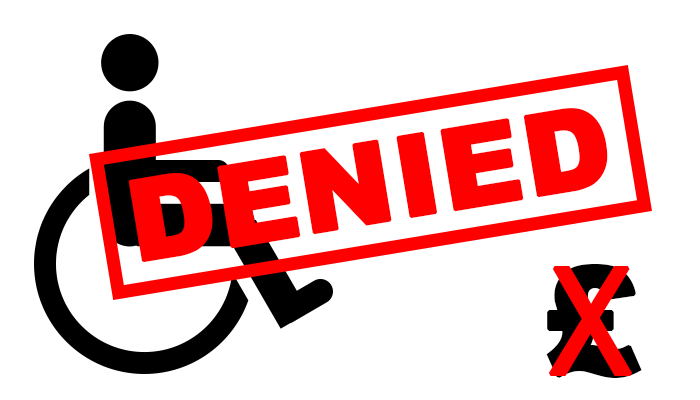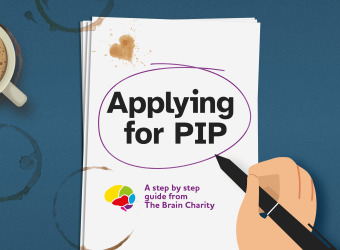
Explaining government thinking on sickness and disability
The Brain Charity's chartered psychologist said how sick and disabled people are assessed for welfare benefits is 'perverse and cruel'
Joan Crawford, Chartered Counselling Psychologist at The Brain Charity, has shared this guest post on how the government assesses sick and disabled people for welfare benefits.
On April 6th 2017, a Chester Standard reader wrote to the paper questioning what they saw was unfair treatment of disabled people.
This provided me with an opportunity to let their readers know about the driving force that government uses to assess sick and disabled people for support.
The government utilises a particular version of the ‘biopsychosocial’ model of health. This proposes that patients’ attitudes and behaviours towards their condition are the largest limiting factor in their disability and inability to work, rather than their medical condition.
I do not think many people are aware of this. By highlighting this I hope this will help to shed some light on people’s recent experiences of the assessment processes for Employment and Support Allowance (ESA) and Personal Independence Payments (PIP).
In 2012, Lord Freud stated in the House of Lords: “I sent round a rather interesting piece of analysis to many noble Lords in the Committee, called Models of Sickness and Disability, which showed the differences between the models, explaining the medical model, the reaction of the social model against the pure medical model and the synthesis of the biopsychosocial model.
“The summary of the biopsychosocial model in the analysis is that:
“Sickness and disability are best overcome by an appropriate combination of healthcare, rehabilitation, personal effort and social/work adjustments’.“There is a coherent theory behind this assessment.”
Hansard, 2012
I suspect this will be news to most patients and their doctors. This model remains largely unexamined by researchers.
The idea that disabilities can be “overcome” is optimistic and simplistic. It is belief, not fact. Such thinking centres the responsibility for recovery and return to work within the grasp of the patient, along with the assumption that this is entirely reasonable and possible.
I work in clinics with patients with a wide variety of medical conditions, including The Brain Charity, and I have never met a person who did not wish to work, who was not heartbroken that they could not participate in family, work or in a social life due to the onset of a disabling, debilitating medical condition.
I find no evidence that removing and frequently re-assessing people’s financial support is any motivator towards work. Quite the opposite.
I do find that patients frequently become intensely distressed and can end up in crisis. Further, this distress frequently interrupts and/or delays psychological and medical support as patients are unable to cope. Barr et al (2015) published a study of the impact of ESA assessments (WCA) concluding that these are strongly associated with increased antidepressant use, suicides and distress.
The ideology underpinning these policies is, in my opinion, perverse and cruel.
Category: Advice
Published: 26 July 2017














